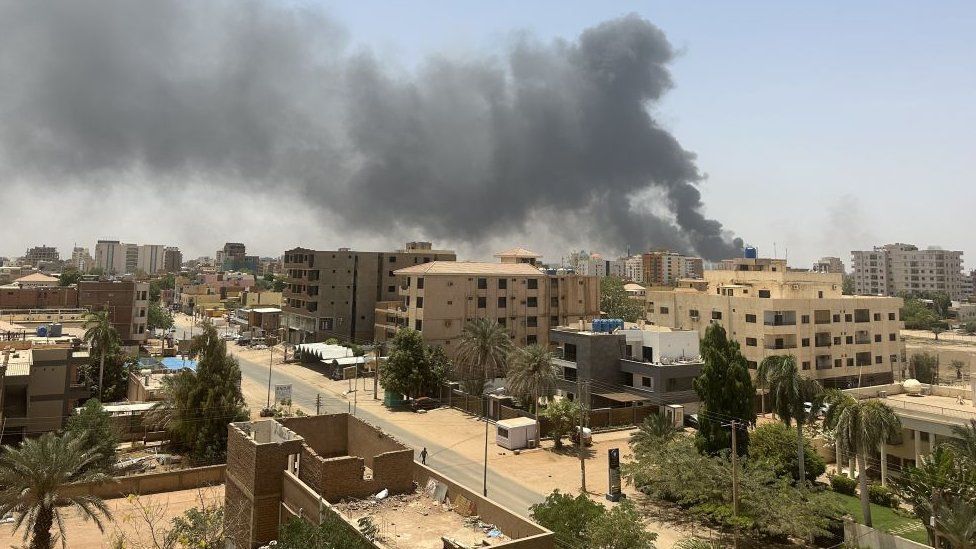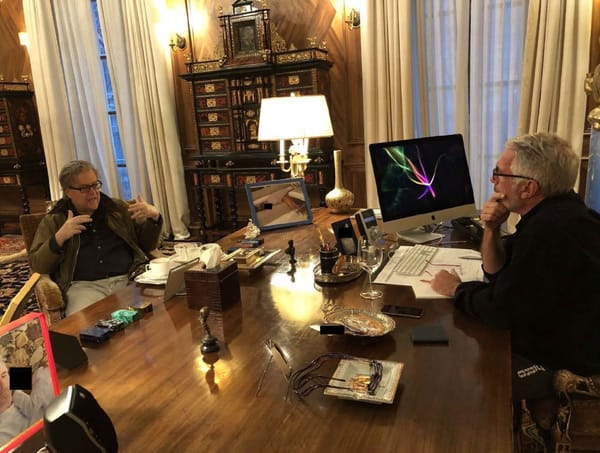World Health Organization warns of 'biological risk' after Sudan fighters occupy lab holding deadly virus samples

A group described as 'one of the fighting parties' has taken over the central public health laboratory in Khartoum and has expelled all the technicians, according to reports.
UN officials have stated that a party involved in the Sudan conflict has taken over a national health laboratory in the capital city of Khartoum that contains biological material, which they consider to be an "extremely dangerous" situation. The officials report that the group expelled all of the laboratory technicians.
On Tuesday, officials cautioned that despite a ceasefire between competing forces, additional refugees could still flee Sudan.
The ongoing conflict has thrown Sudan into turmoil, exacerbating the country's already significant reliance on aid and pushing it to the brink of collapse. Prior to the outbreak of violence, the UN estimated that approximately one-third of Sudan's population, or roughly 16 million people, required assistance. This figure is expected to rise due to the current situation.
Dr Nima Saeed Abid, the World Health Organization’s representative in Sudan, expressed concerns that “one of the fighting parties” – he did not identify which one – had seized control of the central public health laboratory in Khartoum and “kicked out all of the technicians”.
“That is extremely, extremely dangerous because we have polio isolates in the lab. We have measles isolates in the lab. We have cholera isolates in the lab,” he told a UN briefing in Geneva by video call from Port Sudan. “There is a huge biological risk associated with the occupation of the central public health lab in Khartoum by one of the fighting parties.”
The expulsion of technicians and power cuts in Khartoum mean that “it is not possible to properly manage the biological materials that are stored in the lab for medical purposes,” WHO said.
The laboratory in question is situated in the heart of Khartoum, in close proximity to the conflict zones where the military of Sudan has clashed with the Rapid Support Forces, a paramilitary organization that emerged from the government-supported Popular Defence Forces (also known as "Janjaweed" by the rebels), which have been linked to war crimes in the Darfur region.
The Sudanese Doctors’ Syndicate has reported that numerous hospitals in Khartoum and other parts of the country have closed down due to the ongoing conflict and the shortage of medical and fuel supplies.
“If the violence does not stop, there is a danger that the health system will collapse,” the UN agency warned Friday.
Thanks for visiting Our Secret House. Create your free account by signing up or log in to continue reading.





